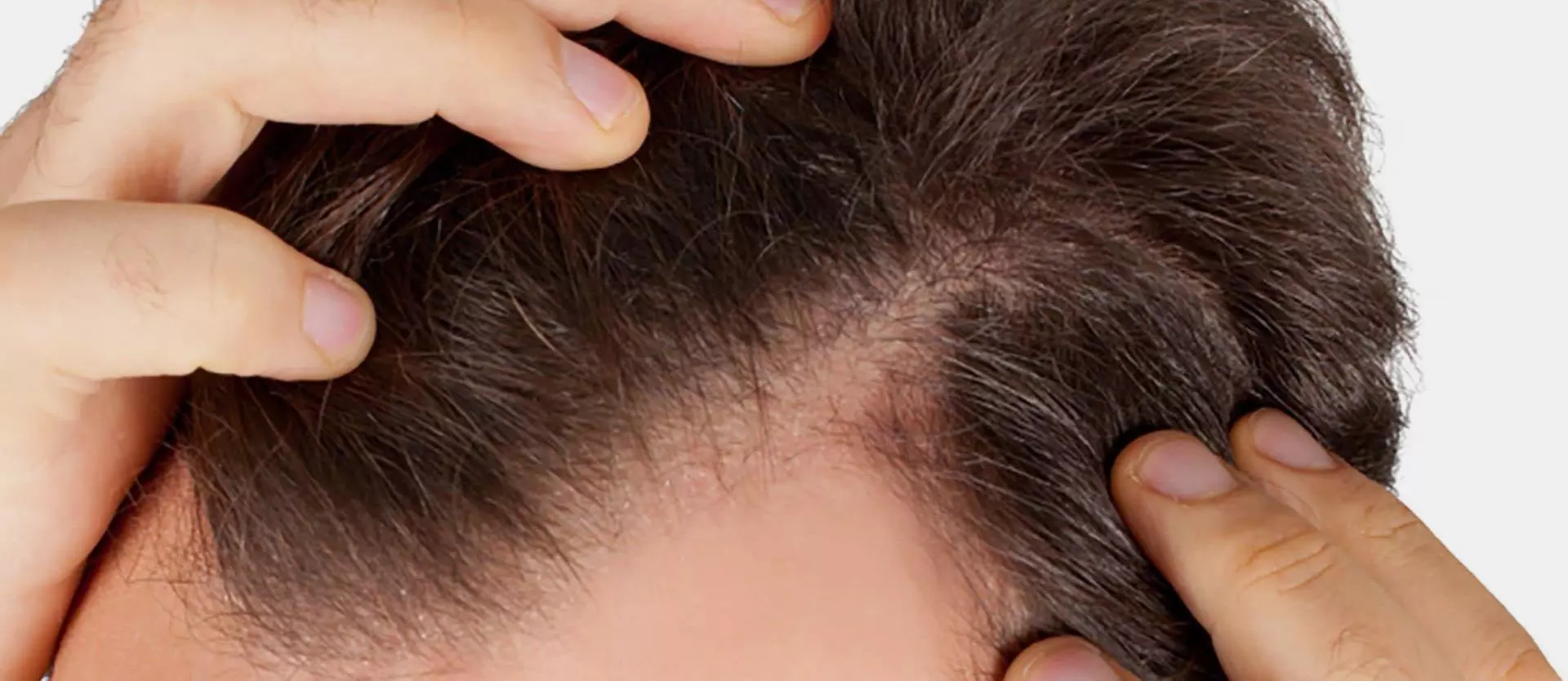You are struggling with hair loss. Why? Why is this happening to you? You may feel overwhelmed and worried about what is happening, especially if it begins suddenly. If you have any amount of hair loss, it is always a good idea to speak to your doctor about the cause. However, the following are some of the most common reasons men and women experience hair loss and why it happens.
#1: Stress
One of the most common reasons for hair loss has nothing to do with your genes. Rather, it has to do with stress. Stress has a powerful impact on the body and it is not always in a good way. If you are struggling with emotional or physical stress, do something about it or you will likely lose a significant amount of hair as a result. Whether you've been in a car accident or suffered the loss of a loved one, this type of stress causes hormone releases in the body. This can trigger a sudden loss of hair and a change in the hair growth cycle. Over time, you will notice that this does improve especially as your stress levels come down.
#2: Hair Loss Due to Hereditary Factors
Hair loss often occurs as a person ages. It's in your genes! If your family members have hair loss, you may as well. Male pattern baldness, for example, tends to be a hereditary-based condition that occurs as hair begins to thin or even fall out. It can happen to women as well. This is due to changes in the types and amounts of hormones coursing through your body. There are medications and treatment options that can slow, prevent, and sometimes reverse the impact of hereditary changes like this. Don't give up on hair loss if you suffer from these conditions.
#3: Pregnancy Hair Loss
Chances are good that if you are pregnant, you will notice changes in your hair. Generally speaking, hair during pregnancy tends to be fuller and even more healthy-looking. That is because the body's hormones are encouraging hair growth at this point. You may notice hair loss, though, in the three months after your pregnancy. This is not something to be alarmed by in most cases. It generally means that your hair growth cycle is getting back on track just like the hormones in your body are becoming more rebalanced. Be sure to rest and give your hair time to get back on track.
#4: You Are Not Getting Enough Protein
What you eat directly impacts the way your hair grows. A diet that is full of saturated fats and unhealthy carbs is not going to help. Rather, your hair needs protein and good sources of it as well. Be sure you get lean protein from cold-water fish, for example. If you are not getting enough protein from a healthy source, you could see your hair begin to thin. It is also a good idea to add more lean meats, eggs, and other protein-rich foods to your diet to see an improvement. This can be particularly worrisome for those who are vegans or vegetarians. If you notice hair loss, you may not be getting enough protein in your diet.
#5: You Are Anemic
The right amount of iron in your blood is critical for hair growth. If you have a deficiency, this can definitely cause hair loss. Generally, it is a good idea to eat iron-rich foods to prevent this type of deficiency, but you will want to talk to your doctor about doing so first.
#6: Vitamin B Deficiency
You may have a deficiency of Vitamin B if you are experiencing hair loss. This is another common, and easy-to-fix problem. You'll get more Vitamin B from fish, meats, and some types of vegetables. You can also get supplements to help. It is a good idea to have your doctor test for deficiencies.
#7: Immune System Disorders
If you have some types of immune system disorders, conditions like alopecia can occur in both men and women. If you have balding in just specific areas of your hair, for example, this could be the cause. Talk to your doctor about medications that can correct this concern for you.
When it comes down to it, your diet, your lifestyle, and even your genes play a role in the risk of hair loss. It is always a good idea to meet with a hair loss professional at UHC to learn more about your options and your specific needs.






